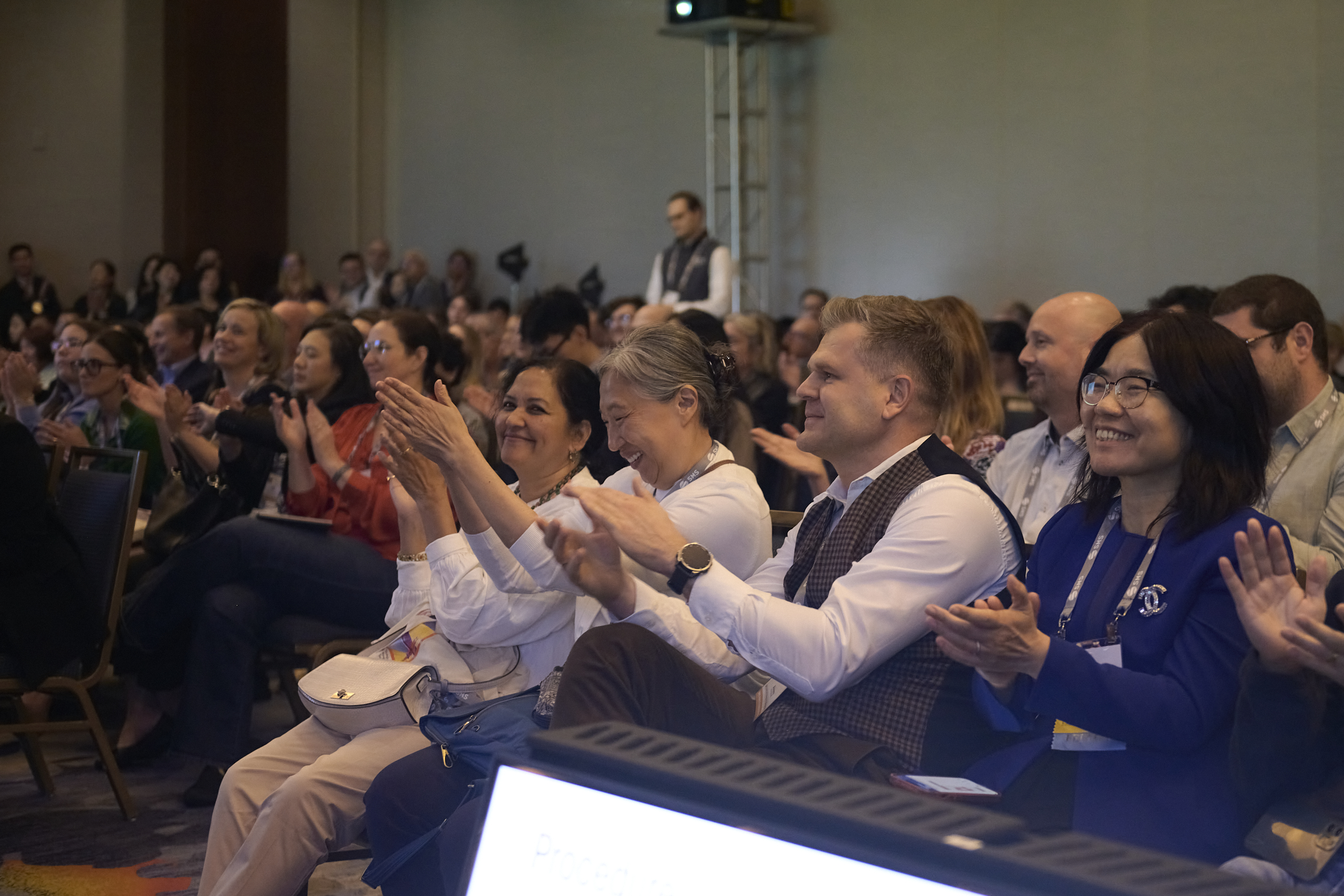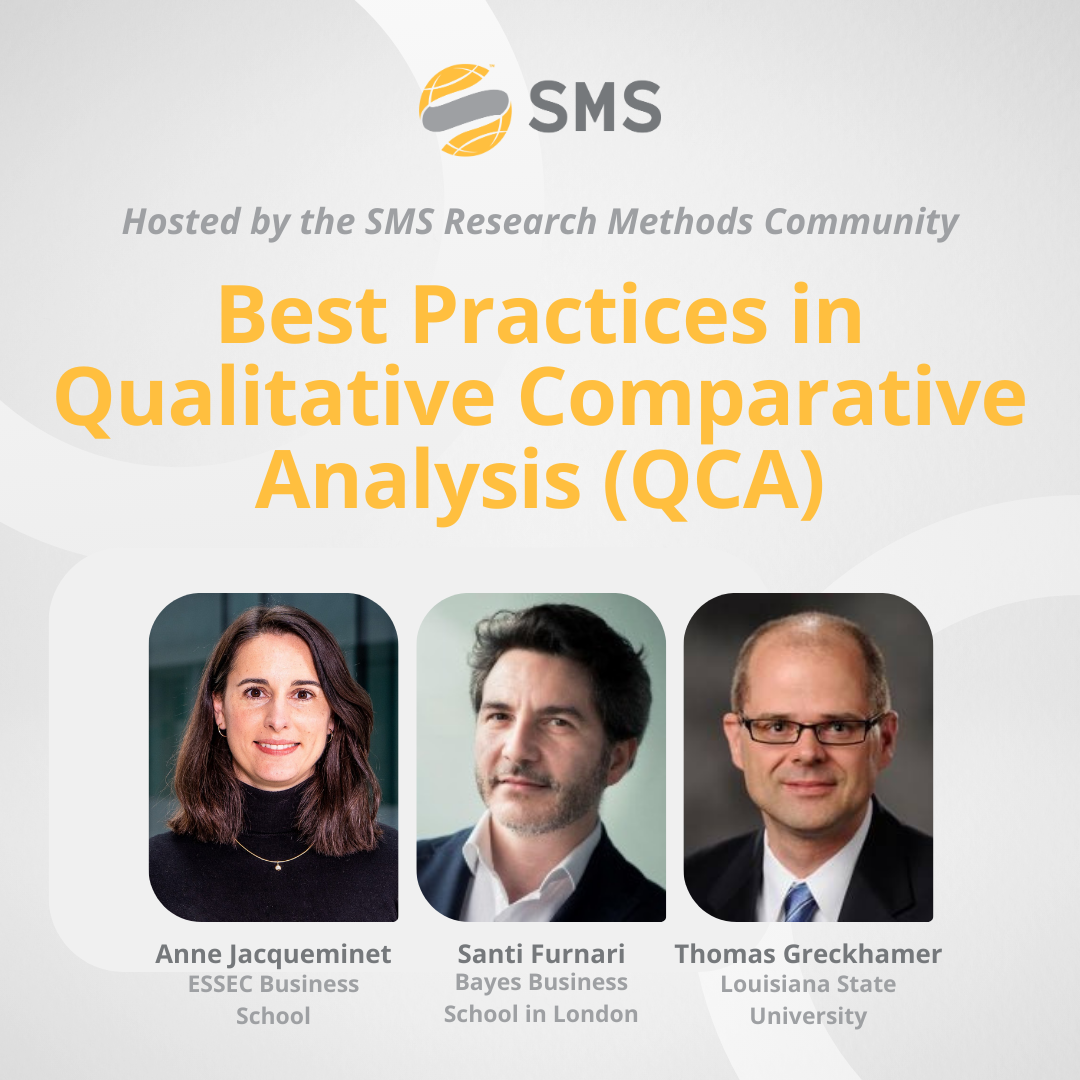Academic entrepreneurship — in which scientists found research-based startups while remaining in academia — is a growing professional niche. The number and amount of financings for university startups worldwide has doubled in the last decade, with an analysis from Global University Venturing showing that about $41 billion in capital was raised for such ventures in 2021.
What is less understood is how academic entrepreneurs construct and sustain their professional identities amid frequent transitions between their dual roles. The prevailing assumption has been that academic entrepreneurs face conflicting and disparate demands on their identities as the two worlds require very different norms and practices. But new research published in Strategic Entrepreneurship Journal finds academic entrepreneurs creatively find cross-fertilizing effects between their academic and entrepreneurial work, helping them to reevaluate and extend their professional identity.
Study authors Marouane Bousfiha, of University of Gothenburg, and Henrik Berglund, of Chalmers University of Technology, were curious to understand how scientists managed to combine being a deeply committed academic with being a for-profit entrepreneur. With little prior research on the topic, the authors conducted exploratory qualitative interviews with 27 Swedish academics who were active in both academia and startups that commercialize their research. They focused specifically on how these professionals practically manage and make sense of these dual roles that require frequent “micro-transitions.”
The study authors found that the academic entrepreneurs they interviewed didn’t talk about their professional identities as something to be reconciled in the abstract. Rather, they spoke about what they did, including the situations, tools, and artifacts they worked with. When looking deeper at how their identities related to their concrete character of work, several respondents described how their ability to build a successful lab was a valuable skill for building their startup. The academic entrepreneurs also discussed how attracting research funding was similar to pitching venture capitalists, and how their startup experience provided a practical authority in the classroom.
“More generally, the notion of professional micro-transitions that we develop in the paper speaks to the broader phenomenon of professionals navigating multiple and often quite different roles that have them repeatedly switch between tasks, organizations, and ways of working in increasingly hybrid and fluid careers,” Bousfiha says. “The patterns we find may thus inform our understanding of how other dual-carreerists construct and sustain a coherent sense of self.”
This doesn’t suggest that academic entrepreneurs don’t need support from their organizations. In their interviews, Bousfiha and Berglund found that a great source of anxiety for the respondents was around what is appropriate and encouraged. The study authors recommend that universities, incubators, and policymakers support these professionals by offering flexible environments that allow scientists to integrate both their roles in meaningful ways. That could include clearer guidelines for dual affiliations, the use of university resources, and incentives that recognize and reward entrepreneurial engagement alongside academic work.
The goal, Bousfiha says, isn’t to remove all tension, but to make the relationship clear and productive so that academic entrepreneurs can pursue both science and the commercialization of their work.





